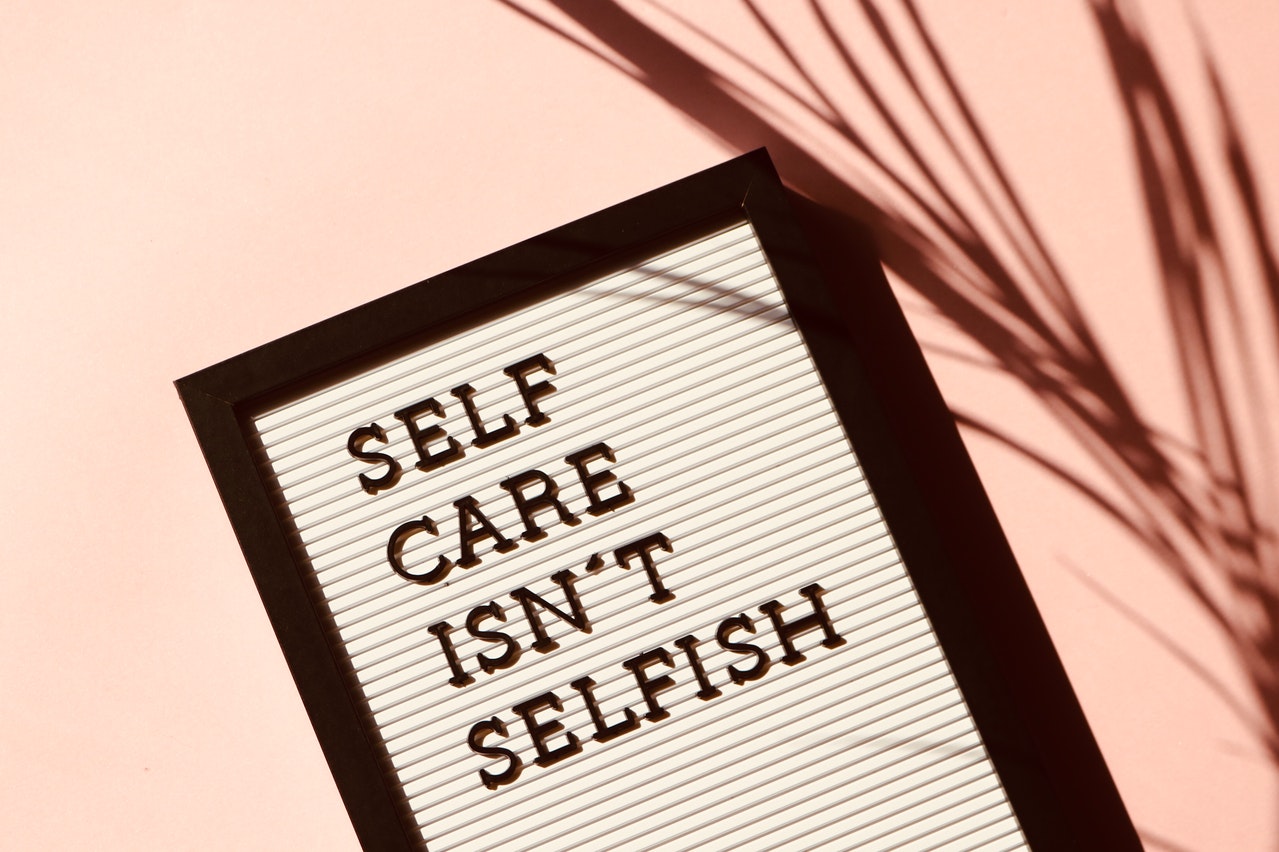If you work in the mental health field, you face one of the highest burnout rates of any profession. Listening to other people’s problems all day takes an enormous emotional toll. How do counsellors look after themselves?
Fortunately, you can avoid burnout and change your life with these five self-care non-negotiables for therapists. Incorporating these self-care rituals for mental health workers into your routine can strengthen your emotional reserves while caring for your patients.
1. Foster a Healthy Working Environment
It may sound ironic, but one of the non-negotiables for self-care begins in your office, not at home. As a mental health leader, you know that positive encouragement motivates your staff to give their all daily.
Therefore, you avoid micromanagement, giving your staff a sense of agency. Instead of immediately reacting when they offer improvement suggestions, you consider their input and implement solutions to improve the patient experience.
You also treat each worker as a human being first, not merely an expense on your balance sheet. It begins with paying them a fair salary, offering schedule flexibility, and maintaining sufficient staff to cover business hours when someone needs to be out of the office.
As a result, your team delights in coming to work every day – improving your mental health. After all, you have enough stress without managing disgruntled employees on top of struggling patients.

2. Prioritize Work-Life Balance
You don’t stop creating a healthy environment with a work-life balance for your employees. As a leader, you model the behaviour you want them to emulate – including taking the occasional mental health day.
Part of the human experience entails stopping and processing the wide array of sensory input that bombards you daily. As a mental health professional, you understand adequate alone time aids in emotional regulation, providing you with a necessary time-out to reflect and respond to your experiences instead of merely reacting.
Therefore, you mindfully recognize when you feel overwhelmed and step back to nurture yourself. You alert the folks who need to know, then silence your cell phone as you practice self-care rituals like yoga and indulge in a luxurious bubble bath.
3. Nurture Your Physical Health
As a mental health professional, you understand the intricate connection between physical and emotional health.
You know that eating right and exercising are vital self-care examples for mental health workers. Therefore, you don’t come home from the office and plop down on your couch with a brewski – at least, not most evenings.
Instead, you nourish your body and mind with nutritious, delicious meals. You even snack smart, opting for nuts and seeds over salty chips for the impressive mind mineral benefits they offer. Staying away from inflammatory meals laden with white flour, sugar, and artificial additives gives you more room for fresh fruits and vegetables in every hue, increasing your antioxidant intake.
You also understand the multiple benefits of exercise for your mental health. It helps you control your weight, giving you an instant confidence boost when you feel better in your clothes. Like a toddler tired from playtime, you sleep more soundly after a good workout, and rest is vital for your cognitive functioning.
Furthermore, you recognize exercise’s role in mitigating stress and keeping your cortisol levels in check. An overabundance of this stress hormone wreaks havoc on your neurology, making you crave unhealthy meals that leave you more tired and sluggish.
However, you know that getting moving helps you burn off the excess by tapping into your body’s innate fight-or-flight response while producing juicy endorphins to boost your mood.

4. Cultivate Mindfulness Through Daily Practice
Mindfulness is crucial to positive mental health. This technique puts you in touch with your thoughts and feelings, allowing you to examine the forces driving your behaviours, making it among the top non-negotiables for self-care among mental health professionals.
As a mental health professional, you understand that you act as a guide, but you can’t do your patients’ hard work for them. Just as they must reflect inward to recognize what compels them to behave contrary to their best interests, you must also pause and ask yourself tough questions.
Is your current approach working with a particular patient? Is there something in your demeanour and attitude affecting their progress in therapy?
You take the time to reflect on such matters, using techniques like journaling to work through difficult problems. You engage in a daily yoga or meditation practice to calm your body and examine your emotional state, much like taking your temperature.
When you notice something awry, you take thoughtful, carefully considered measures to solve the problem.
5. Counter and Correct Maladaptive Thoughts
If you practice cognitive-behavioural therapy, you probably spend a good portion of each day challenging your patients to identify and confront their maladaptive thoughts and beliefs. Guess what? You are also human, meaning you have to likewise face your negative, harmful ideas.
Fortunately, your daily mindfulness practice puts you in tune with your thought patterns. You counter self-deprecating thoughts like, “How could you be so stupid?” with, “You made an honest mistake – how can you take accountability and learn from it?”

Self-Care Strategies for Mental Health Workers
How do counsellors look after themselves? Here are vital self-care strategies for mental health workers:
- Foster a healthy working environment.
- Prioritize work-life balance.
- Nurture your physical health.
- Cultivate mindfulness through daily practice.
- Counter and correct maladaptive thoughts
These practices are non-negotiables for self-care among therapists. Embrace these self-care rituals to protect your emotional well-being so you can provide the ultimate care to your patients.
My name is Beth. I’m a health writer with 3+ years of experience, and I run an online wellness magazine, Body+Mind.


